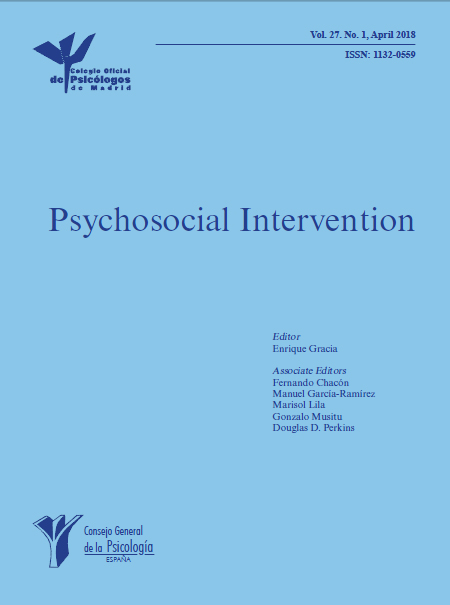
Do sober eyewitnesses outperform alcohol intoxicated eyewitnesses in a lineup?
[Do sober eyewitnesses outperform alcohol intoxicated eyewitnesses in a lineup?]
Angelica Hagsand1, Emma Roos-af-Hjelmsäter1, Pär Anders Granhag1, Claudia Fahlke1 and Anna Söderpalm-Gordh2
1 Department of Psychology, University of Gothenburg (Sweden)
2Section of Psychiatry and Neurochemistry, Institute of Neuroscience and Physiology, Sahlgrenska Academy, University of Gothenburg (Sweden)
Abstract
Although alcohol intoxicated eyewitnesses are common, there are only a few studies in the area. The aim of the current study is to investigate how different doses of alcohol affect eyewitness lineup identification performance. The participants (N = 123) were randomly assigned to a 3 [Beverage: control (0.0 g/kg ethanol) vs. lower (0.4 g/kg ethanol) vs. higher alcohol dose (0.7 g/kg ethanol)] X 2 (Lineup: target-present vs. target-absent) between-subject design. Participants consumed two glasses of beverage at an even pace for 15 minutes. Five minutes after consumption the participants witnessed a film depicting a staged kidnapping. Seven days later, the participants returned to the laboratory and were asked to identify the culprit in a simultaneous lineup. The result showed that overall, the participants performed better than chance; however, their lineup performance was poor. There were no significant effects of alcohol intoxication with respect to performance, neither in target-present nor target-absent lineups. The study’s results suggest that eyewitnesses who have consumed a lower (0.4 g/kg ethanol) or a higher (0.7 g/kg ethanol) dose of alcohol perform at the same level as sober eyewitnesses in a lineup. The results are discussed in relation to the alcohol myopia theory and suggestions for future research are made.
Resumen
Aunque los testigos presenciales con intoxicación alcohólica son frecuentes, sólo contamos con unos pocos estudios en esta área. El objetivo del presente estudio fue investigar cómo diferentes dosis de alcohol afectan la ejecución del testigo presencial en una rueda de identificación. Los participantes (N = 123) fueron asignados al azar a una de las condiciones de un diseño inter-sujetos 3 [Ingesta de alcohol: grupo control (0.0 g/kg etanol) vs. una dosis pequeña de alcohol (0.4 g/kg etanol) vs. una alta (0.7 g/kg etanol)] X 2 (Rueda de identificación: sospechoso presente vs. sospechoso ausente). Cinco minutos después de la ingesta, los participantes vieron una película que versaba sobre un secuestro. Siete días después, los participantes volvieron al laboratorio y se les pidió que identificaran al culpable en una rueda de identificación en formato de presentación simultáneo. Aunque la tasa de identificación era realmente pobre, los resultados mostraron que, en general, los testigos identificaban por encima al azar. No se encontró un efecto significativo del alcohol en la ejecución, tanto en ruedas como con el sospechoso presente como ausente. Estos resultados sugieren que los testigos presenciales que han consumido una tasa baja (0.4 g/kg etanol) o alta (0.7 g/kg etanol) de alcohol rinden al mismo nivel en una rueda de identificación que testigos sobrios. Se discuten los resultados en relación con la teoría de la miopía del alcohol y se sugieren futuras líneas de investigación.
Keywords
alcohol intoxicated; eyewitness memory; person identification; lineup; alcohol myopia theory.
Palabras clave
intoxicación alcohólica; memoria de testigos; identificación de personas; rueda de identificación; teoría de la miopía por alcohol.
Copyright © 2026. Colegio Oficial de la Psicología de Madrid















